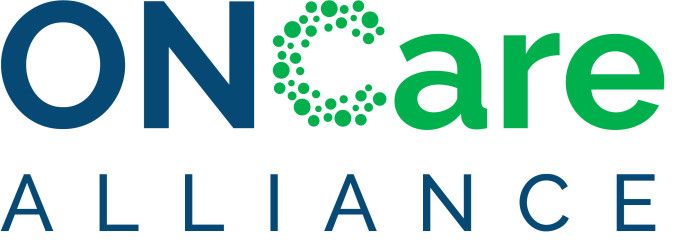
J. Thaddeus Beck: ‘I Wanted to Be the Best Oncologist, That’s It’

In an interview with Targeted Oncology™, Q2 2023 Oncology Icons honoree, Thaddeus Beck, MD, FACP, discussed his 30 plus years of experience in clinical practice.
Thaddeus Beck, MD, FACP, a graduate of the University of Arkansas (UA) for Medical Science, had a simple goal when starting out his career. Beck wanted to be the best and did not know how far that dream would go. About 30 years ago, after completing a fellowship at Duke University School of Medicine, and working 3 years on faculty at UA, Beck was presented with an opportunity to join Highlands Oncology.
“One of the requests when I was recruited was to try to start our clinical trials program. They said I could have as many nights and weekends as I wanted to create that clinical trials program. So, we started off doing cooperative group trials with Southwest Oncology Group and picked up some industry trials here and there,” said Beck, medical oncologist at Highlands Oncology, in an interview with Targeted Oncology™.
In the interview, Beck, a
TARGETED ONCOLOGY: What were your key career goals when you started out in oncology?
Beck: I wanted to be the best oncologist, that’s it. I had no idea where it was going to take me.
Can you talk about your previous work before joining Highlands Oncology? How did it shape your career?
I was doing my fellowship at Duke University, and I did research within the breast cancer and bone marrow transplantation programs. I was able to see how the sausage is made in research so to speak. There were a lot of clinical trials there. I enjoyed that, and when I finished, I ended up back at the University of Arkansas where I've done my residency and was on junior faculty there for a couple of years.
I realized that I was more interested in patient care and clinical research than bench research. I had an opportunity to join Highlands at about 3 years in that experience at the University of Arkansas, and I took it.
What can you share about your experience at Highland Oncology?
One of the requests when I was recruited was to try to start our clinical trials program. They said I could have as many nights and weekends as I wanted to create that clinical trials program. So, we started off doing cooperative group trials with Southwest Oncology Group and picked up some industry trials here and there. Generally, we did a good job. We didn’t make too many mistakes. Now, 30 years later, here we are.
What are the unique needs for patients with cancer in your region?
We are geographically isolated. We are 5 hours from St. Louis, 4 hours from Kansas City, 4 hours from Oklahoma City, 3 hours from Little Rock, and 5 hours from Dallas. We don't have any close tertiary facilities. We have a high-end group of patients who have the ability to get on their jet and fly wherever they want but, the majority of patients are our rural farmers and skilled laborers.
People do have transportation problems because of the distance, so they may travel for hours to get here, without coming across any larger institution from either Central Arkansas, Southwest Missouri, or Eastern Oklahoma, as we pull from all those areas.
It's easier to get to us than it is to get to a tertiary facility like Siteman Cancer Center in Saint Louis, Markey Cancer Center at University of Kentucky, or the Dan L. Duncan Comprehensive Cancer Center in Dallas, for example. We do have a lot of transportation barriers, and I think that's common for most community practices that have issues with travel, as well as general support services, social support. It's a unique opportunity for us to help provide that for our community.
What is the next big thing you hope to tackle in your position?
We're hoping to start what's called a ‘radioligand therapy research program’. There are new radio isotopes that are going to be developed and studied in cancer where the plan is to put in a cyclotron to help generate new isotopes for imaging and therapeutics. We're hoping to expand to do a better job in the personalized cancer vaccine space.
What are you hopes for the future of the field?
I hope we will continue our march forward in the reducing in incidence of breast cancer and the death rates of breast cancer to build on the progress we've made in the last 20 years.
Nominations for the Oncology Icons award program are accepted on a rolling basis throughout the year. To be eligible for the Q3 award that will be annouced in October, please submit your nomination no later than September 15, 2023. To submit, please



















